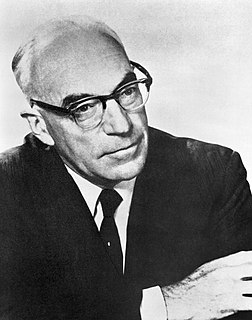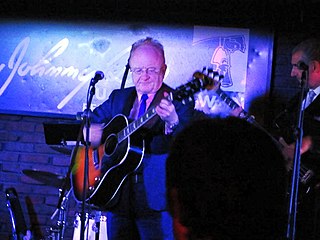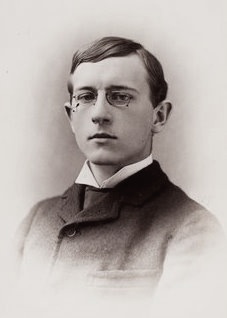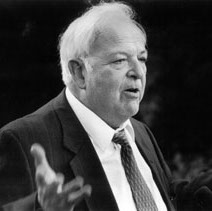A Quote by John Eccles
England was a delightful and stimulating place for a young academic, although by present standards, the laboratory facilities were primitive. There were almost no research grants and no secretarial assistance, even for Sherrington.
Related Quotes
We used to have adults who set standards, moral standards, cultural standards, legal standards. They were better than we were. They gave us something to aspire to. They were people that we described as having dignity and character. That's all gone now, particularly the upper levels of the Democrat Party. There isn't any of that kind of decency, dignity, character, morality.




































